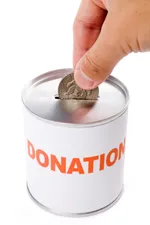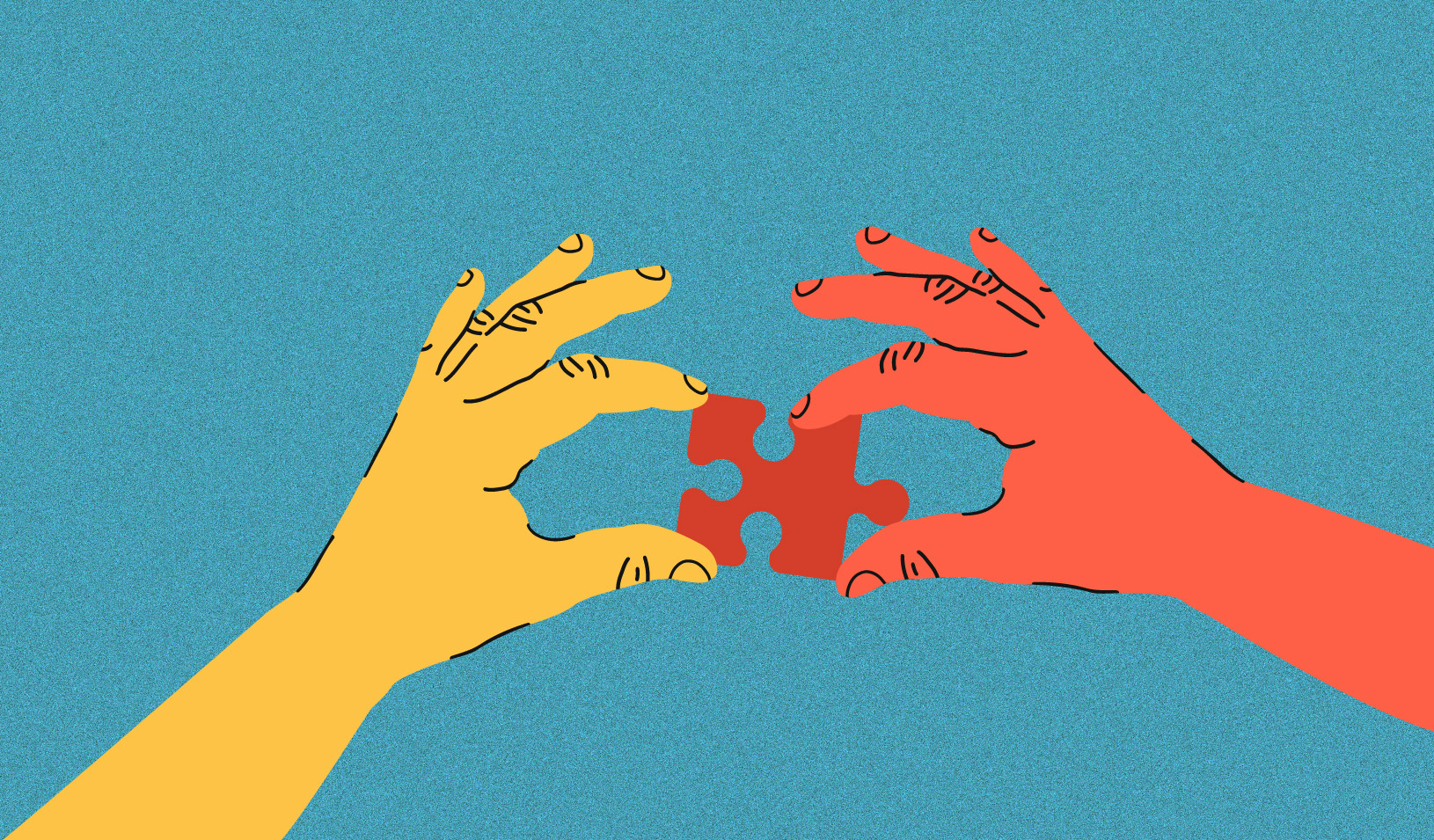Spring 2011 Prosocial Behavior Research Column
In this quarter’s column, we explore research showing that the most generous, trusting, and helpful people are not those with more money, but, rather, those with less. Individuals in lower socio-economic classes tend to act in a more prosocial fashion because of a greater commitment to egalitarian values and heightened feelings of compassion for others. Put simply, the life stressors and challenges faced by those who struggle economically often spur greater social cooperation. Might the “haves” take a lesson from the altruism of the “have nots?”

In four related studies, researchers explored the effects of social class on generosity, charitable donations, trust, and helping behavior. In the first study, college students played the “dictator game,” in which they were informed that they had been paired with an anonymous partner seated in a different room. They were given ten “points” (no money was involved) and told they were to decide how many points they wanted to keep and how many they wanted to transfer to their partner. Higher allocations reflected higher levels of altruism — they represented participants’ willingness to sacrifice their own interests in favor of those of their partner.
Lower-class participants proved more generous than their upper-class counterparts. This result affirms findings from national survey research showing that lower-income individuals donate proportionately more of their income to charity than do upper-income individuals.
In a second study, some participants were momentarily induced to perceive themselves as relatively lower than others in socioeconomic standing. This was done by having them imagine and briefly write down what it would be like for them to get to know people from a higher social rank. In subsequently answering the question “How do you think people should spend their annual salary?” this subtle manipulation caused participants to allocate more generous donations to charity. Their perceived relative lower income status seemed to induce a recognition of the importance of giving.
A third study involved participants in an economic “trust” game. Individuals were told they had 30 “points” and could choose to give a portion to an anonymous partner. However many points they gave would then be tripled, and their partner would have the opportunity to give back points to them, as well. In this game, being trusting meant one had to be willing to allocate points despite the risk of the partner defecting, thus benefitting others at a potential cost to the self. Participants also filled out a scale that assessed the significance they placed on their and others’ welfare.
Lower-class participants allocated more points to their partner relative to upper-class participants. This tendency was explained by their social values being oriented toward egalitarianism and the well-being of others.
Finally, in a fourth study, lower-class individuals were more likely than upper-class individuals to help “partners” (in reality, confederates to the experiments) who arrived to the experiment “late” and appeared to be distressed. They showed such altruism by being more willing to take on onerous portions of the experimental tasks.
Interestingly, investigators found that feelings of compassion, rooted in concern for others’ welfare, underlay class-based differences in prosocial behavior. When experimentally induced to feel compassion by watching a clip about child poverty, upper-class participants behaved just as prosocially toward their partners as did lower-class participants. These findings are consistent with prior work showing that feelings of compassion and empathy attune people to the needs of others and prompt behavior to improve others’ welfare.
That the compassion manipulation eliminated class differences in prosocial behavior suggests that upper- and lower-class individuals do not necessarily differ in their capacity for prosocial behavior. Rather, those in lower socioeconomic classes may be higher in baseline levels of compassion than their upper-class counterparts — probably because they have seen more suffering. And it may be this differential that — unless moderated — drives class-based differences in prosociality.
Having less, then, leads to giving more. Economic adversity in some sense may breed prosocial behavior. Those with less may be more inclined to take care of one another than the affluent are. For the former, perhaps such behavior ensures that in times of hardship, their needs will be met, too.
“Having Less, Giving More: The Influence of Social Class on Prosocial Behavior,” was authored by Paul Piff, Michael Krauss, and Dacher Keltner of the University of California, Berkeley, and Stéphane Côté and Bonnie Hayden Cheng of the University of Toronto. It appears in the July 2010 issue of the Journal of Personality and Social Psychology.
Frank Flynn, Professor of Organizational Behavior and The Hank McKinnell-Pfizer Inc. Director of the Center for Leadership Development and Research at the Stanford Graduate School of Business
For media inquiries, visit the Newsroom.






